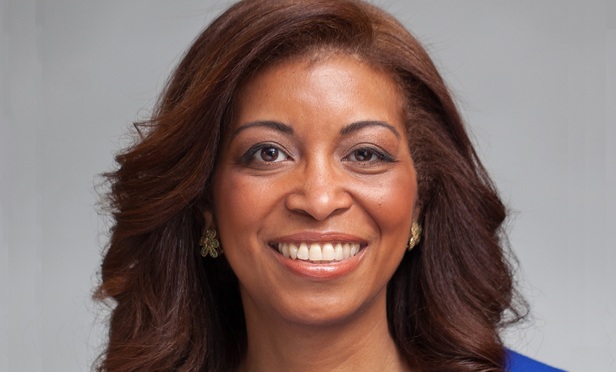In the world of international arbitration, cases come in all shapes and sizes, from billion-dollar blowouts with big geopolitical consequences to minor dustups involving commercial disputes, regional backwaters or arcane treaties. But the cases tend to have one thing in common: those selected as judges are almost always men, predominately white and disproportionately from wealthy, industrialised nations.
For experienced women and minority lawyers, whose ranks in the legal profession have grown during the past two decades, that means obtaining appointments on international matters can be the steepest climb of their careers, even after rising to law firm equity partnership or judicial appointments. “People say it’s a tight club. How one gets on this list is so obscure, obscure even to me,” says Shira Scheindlin, an arbitrator who retired this year from the Southern District of New York federal bench. “It’s something I’d like to do, but it hasn’t been that easy.”









